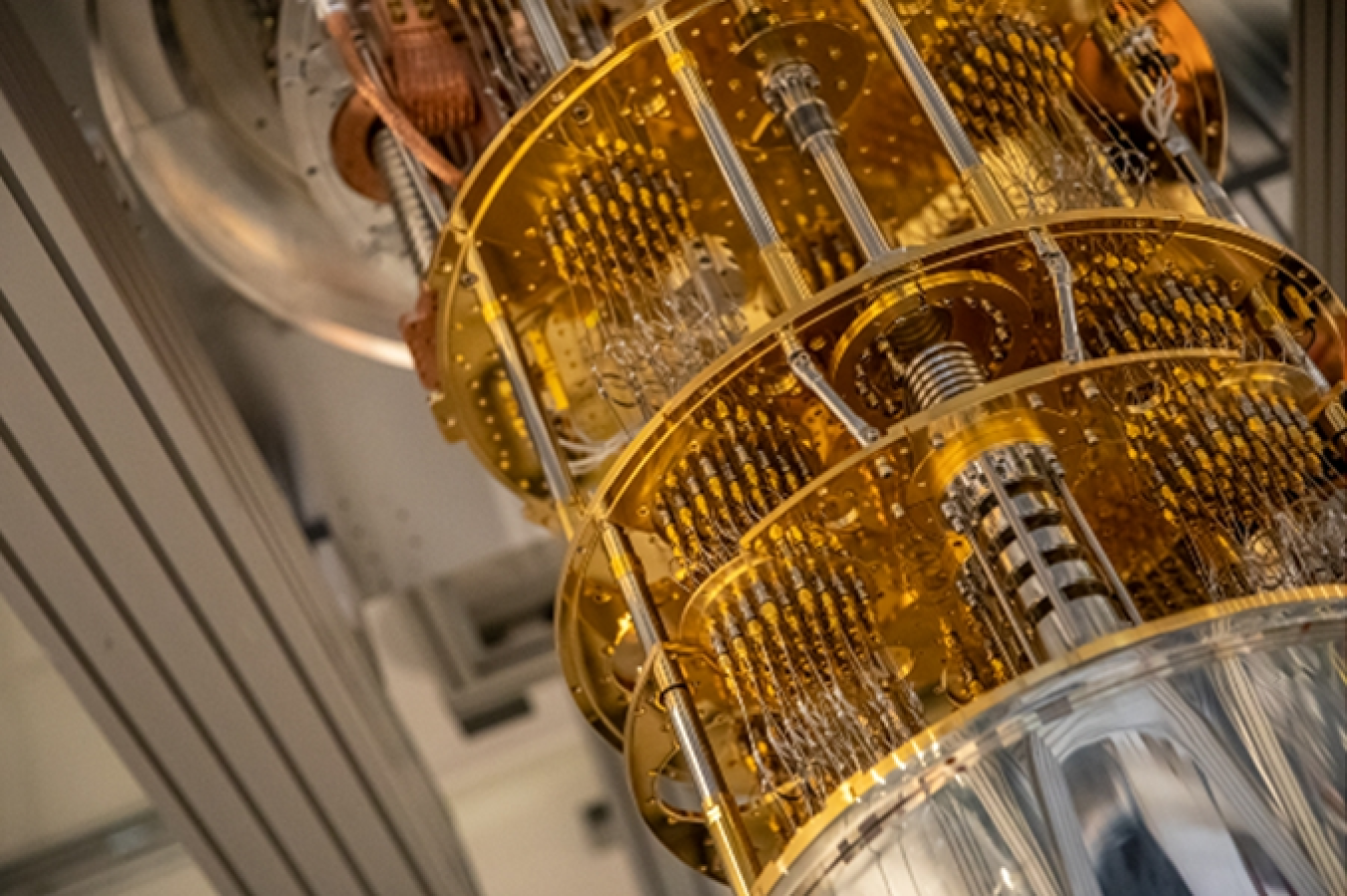Insight Hub
Your go-to source for the latest in news and information.
Quantum Computing: The Weird World Where Cats Are Both Dead and Alive
Dive into the bizarre realm of quantum computing, where cats defy reality! Discover the mind-bending truths that challenge our understanding.
What Is Quantum Superposition and How Does It Relate to Schrödinger's Cat?
Quantum superposition is a fundamental principle in quantum mechanics that describes a system's ability to exist in multiple states at once. In essence, when a quantum particle, like an electron, is observed, it can be in a combination of all its possible states simultaneously until it is measured. This concept challenges our classical understanding of reality, where objects exist in a single, definite state. The phenomenon of superposition is often illustrated using Schrödinger's Cat, a thought experiment proposed by physicist Erwin Schrödinger in 1935. In this scenario, a cat inside a sealed box can be simultaneously alive and dead, depending on an underlying quantum event that may or may not occur.
The relation between quantum superposition and Schrödinger's Cat highlights the perplexing and counterintuitive nature of quantum mechanics. The cat's fate is linked to a quantum event, placing it in a state of superposition until someone opens the box and makes an observation. Upon opening the box, the superposition collapses, and the cat is found in one of the two observable states—alive or dead. This illustrates how observation plays a crucial role in quantum mechanics, leading to further discussions on the implications of superposition in our understanding of reality and the nature of consciousness itself.

Exploring the Principles of Quantum Computing: Qubits, Superposition, and Entanglement
Quantum computing represents a revolutionary approach to computation that leverages the principles of quantum mechanics. At the heart of this technology are qubits, the fundamental units of information in quantum computing. Unlike classical bits, which can exist in one of two states (0 or 1), qubits can exist in a state of superposition. This means they can be both 0 and 1 simultaneously, allowing quantum computers to perform complex calculations at unprecedented speeds. By harnessing this phenomenon, quantum computers can explore numerous possibilities at once, making them exceptionally powerful for certain types of problems.
Another crucial aspect of quantum computing is entanglement, a unique correlation that can occur between qubits. When qubits become entangled, the state of one qubit becomes dependent on the state of another, regardless of the distance separating them. This peculiar property allows quantum computers to process and transmit information in ways that classical computers cannot replicate. As researchers continue to explore the principles of quantum computing, understanding qubits, superposition, and entanglement will be essential for unlocking the full potential of this transformative technology.
Can Quantum Computing Solve Problems That Classical Computers Cannot?
Quantum computing represents a significant shift from classical computing, leveraging the principles of quantum mechanics to process information. Can quantum computing solve problems that classical computers cannot? The answer lies in the unique capabilities of quantum bits, or qubits, which can exist in multiple states simultaneously, a phenomenon known as superposition. This allows quantum computers to perform complex calculations at unprecedented speeds. Certain problems, such as factoring large numbers or simulating quantum physical processes, may remain intractable for classical computers due to exponential growth in computational time required. Quantum supremacy, demonstrated by various research projects, reinforces the potential of solving these intricate problems more efficiently than ever before.
Moreover, the implications of quantum computing extend beyond just processing power. Industries ranging from pharmaceuticals to cryptography could be revolutionized by solutions that are currently impossible with classical systems. For instance, quantum computers have the capability to simulate molecular structures with remarkable accuracy, paving the way for breakthroughs in drug discovery. Additionally, the development of new algorithms tailored for quantum systems holds promise for optimization problems that could accelerate logistics, machine learning, and artificial intelligence. As we stand on the cusp of this technological revolution, it is crucial to explore the potential that quantum computing holds in tackling challenges previously deemed insurmountable.